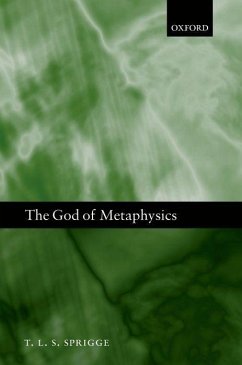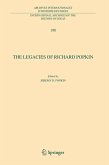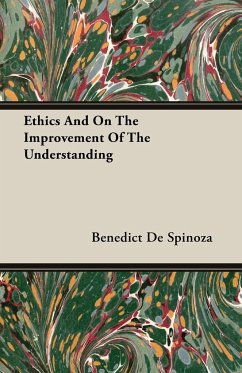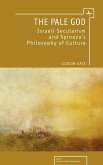Can philosophy offer reasonable grounds for the existence of a God (or Absolute) possessing genuine (even if not orthodox) religious significance and not proposed simply as the solution to a purely intellectual philosophical problem? Certainly many contemporary thinkers have insisted that no genuine religion could be based upon metaphysics. In this book, however, T. L. S. Sprigge examines sympathetically the most notable metaphysical systems of the last four
centuries which purport to put religion on a rational footing and, after a thorough examination of their claims, considers what kind of religious outlook they might support and (more briefly) how they actually affected the lives of their proponents. The thinkers studied include Spinoza, Hegel, T. H. Green,
Bernard Bosanquet (together with a brief discussion of Bradley), Josiah Royce, A. N. Whitehead, and Charles Hartshorne, concluding with an exposition of the author's own viewpoint (pantheistic absolute idealism) and a general discussion on the relation between metaphysics and religion. There is also a chapter on Kierkegaard as the most important critic of metaphysical religion.
Hinweis: Dieser Artikel kann nur an eine deutsche Lieferadresse ausgeliefert werden.
centuries which purport to put religion on a rational footing and, after a thorough examination of their claims, considers what kind of religious outlook they might support and (more briefly) how they actually affected the lives of their proponents. The thinkers studied include Spinoza, Hegel, T. H. Green,
Bernard Bosanquet (together with a brief discussion of Bradley), Josiah Royce, A. N. Whitehead, and Charles Hartshorne, concluding with an exposition of the author's own viewpoint (pantheistic absolute idealism) and a general discussion on the relation between metaphysics and religion. There is also a chapter on Kierkegaard as the most important critic of metaphysical religion.
Hinweis: Dieser Artikel kann nur an eine deutsche Lieferadresse ausgeliefert werden.








